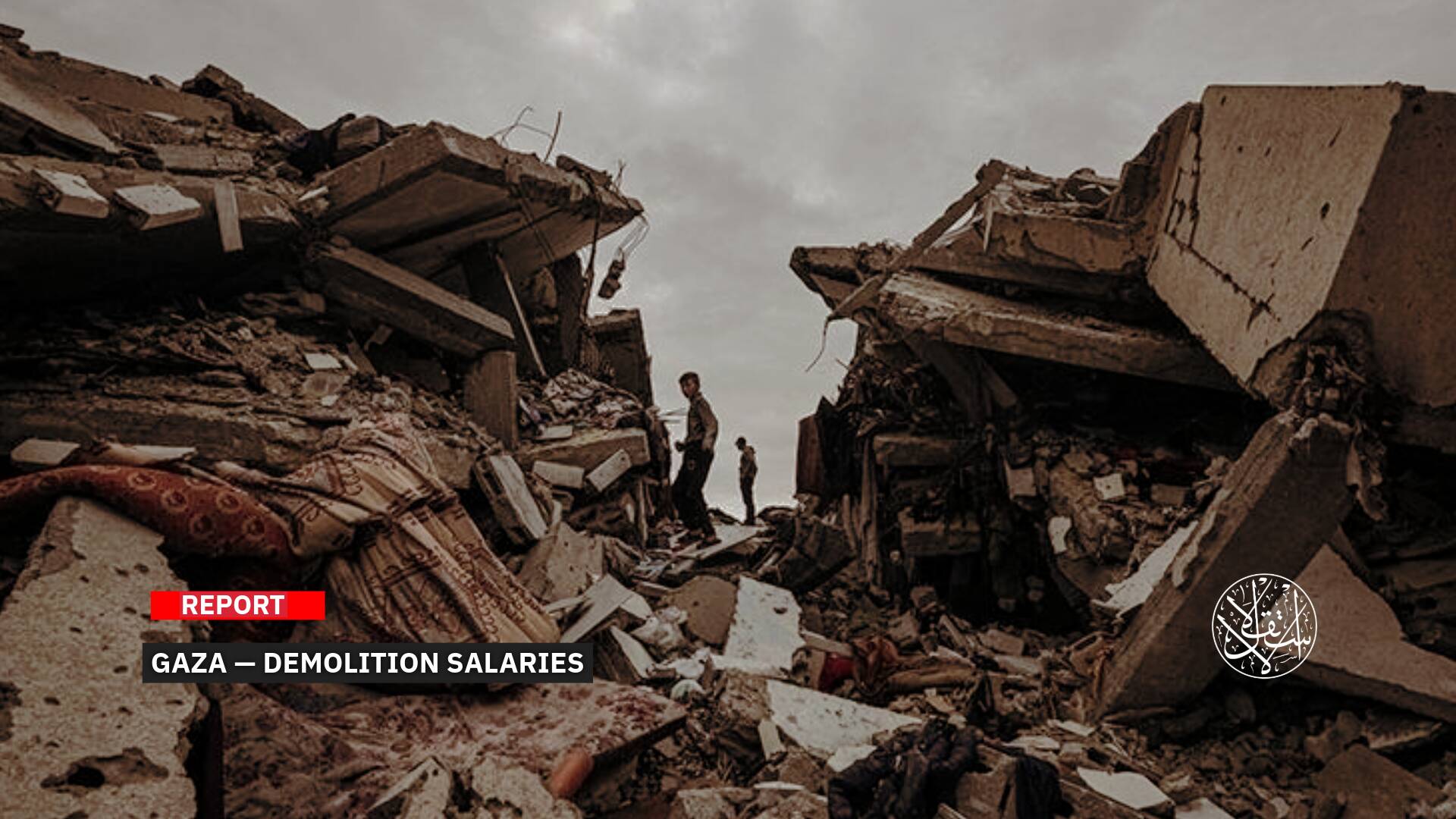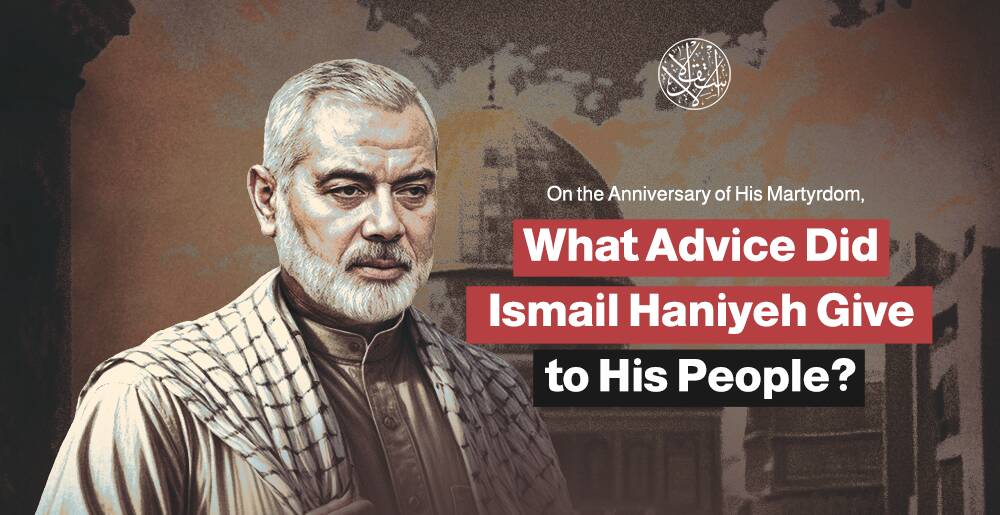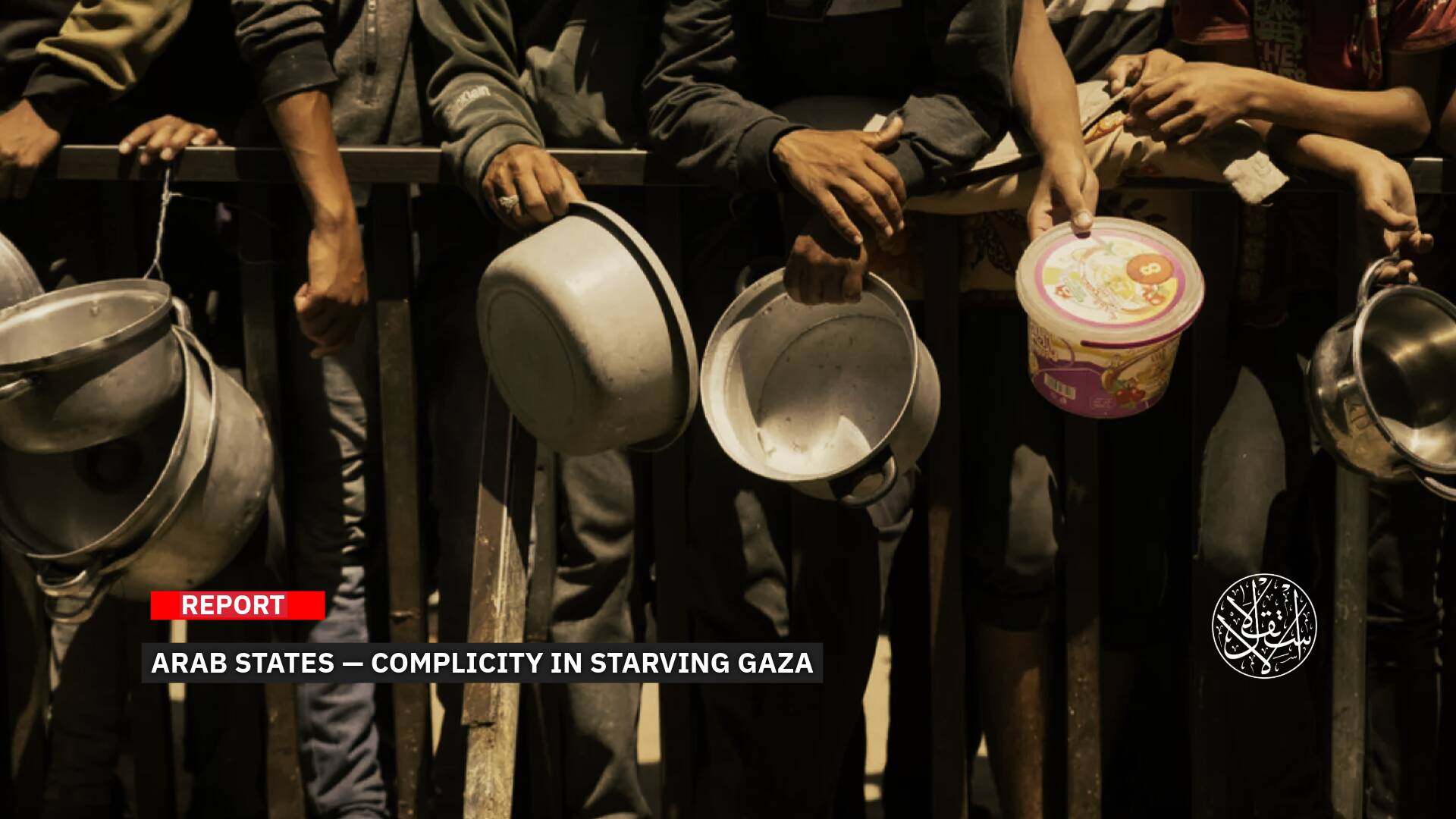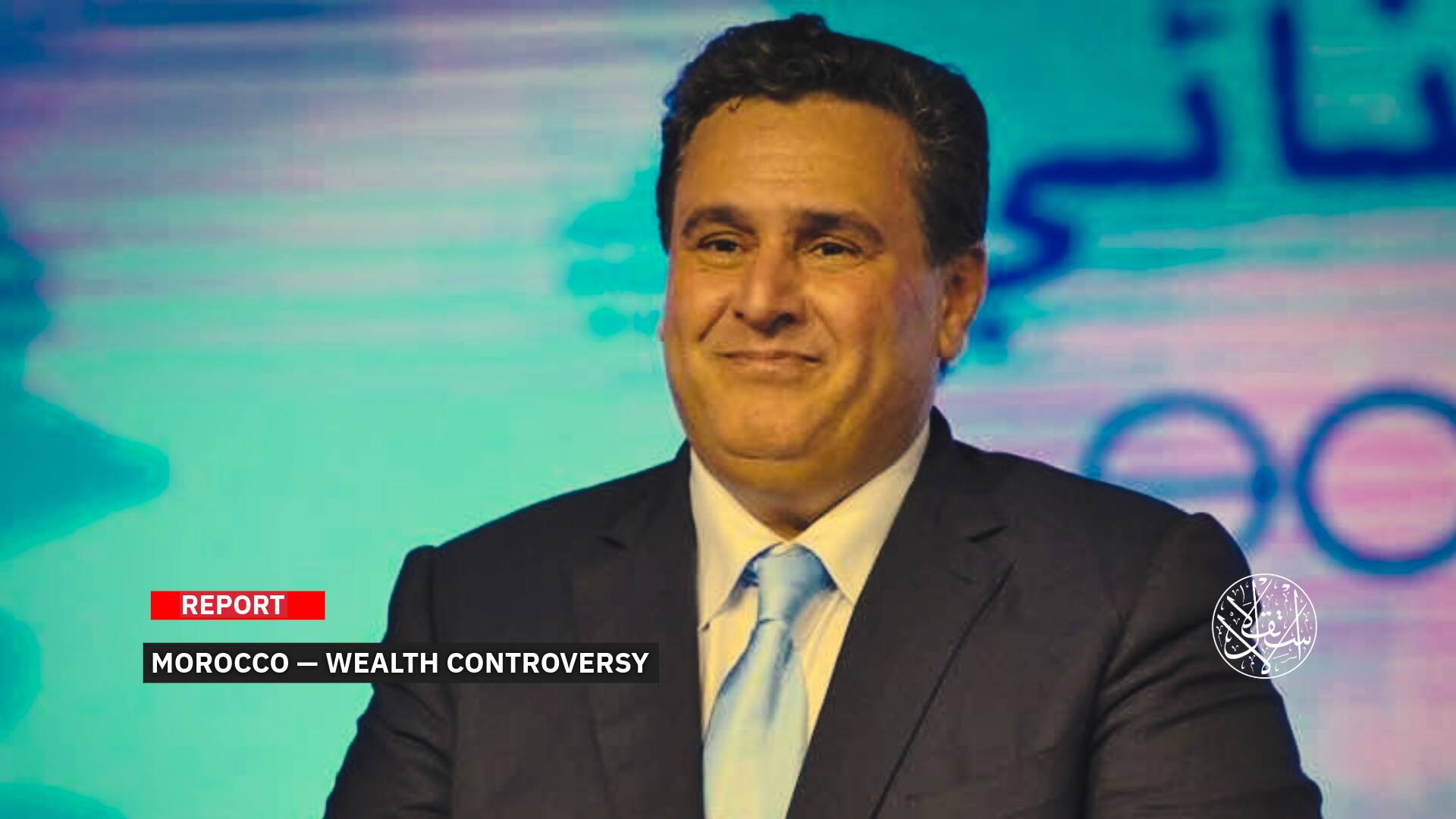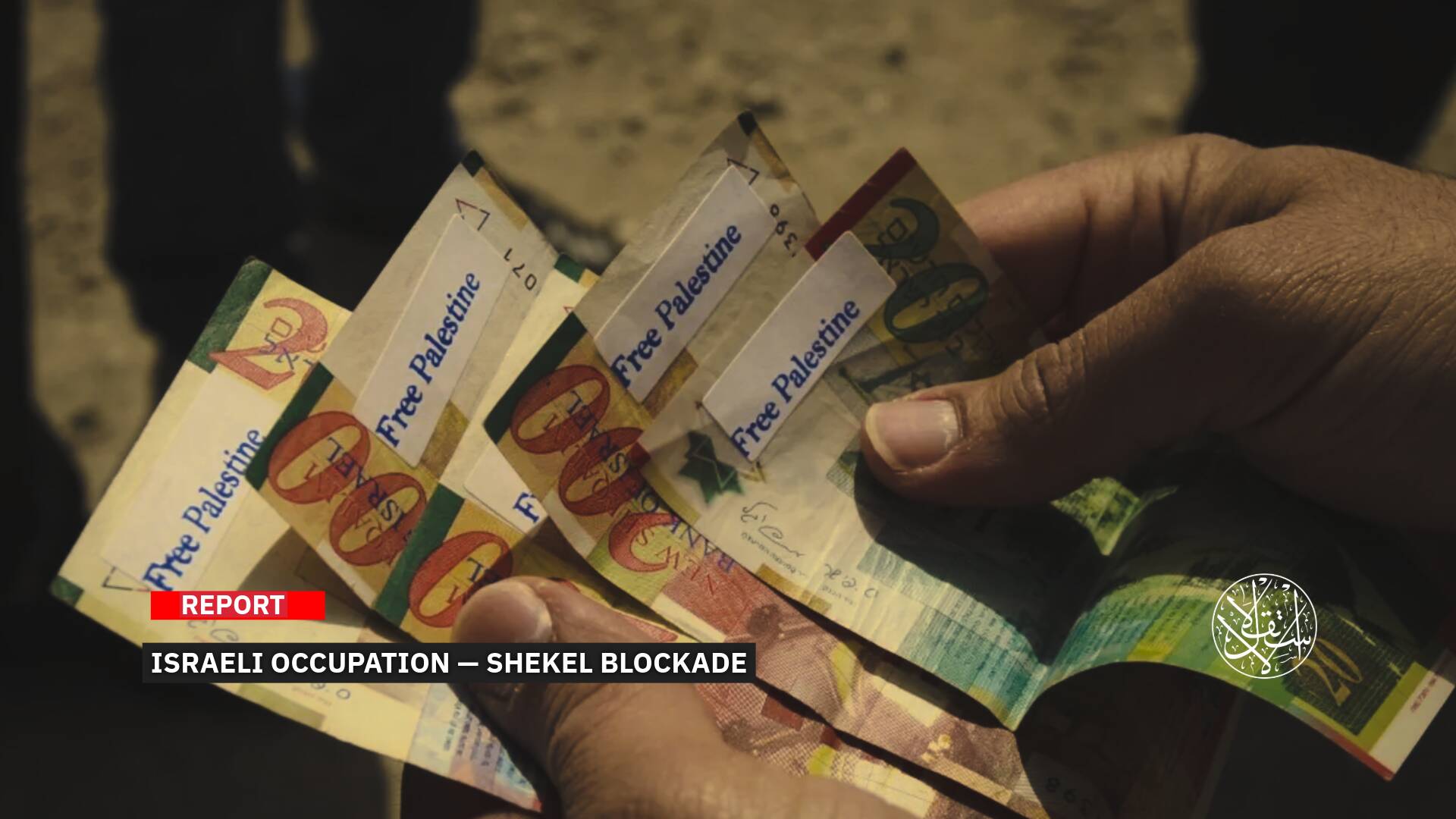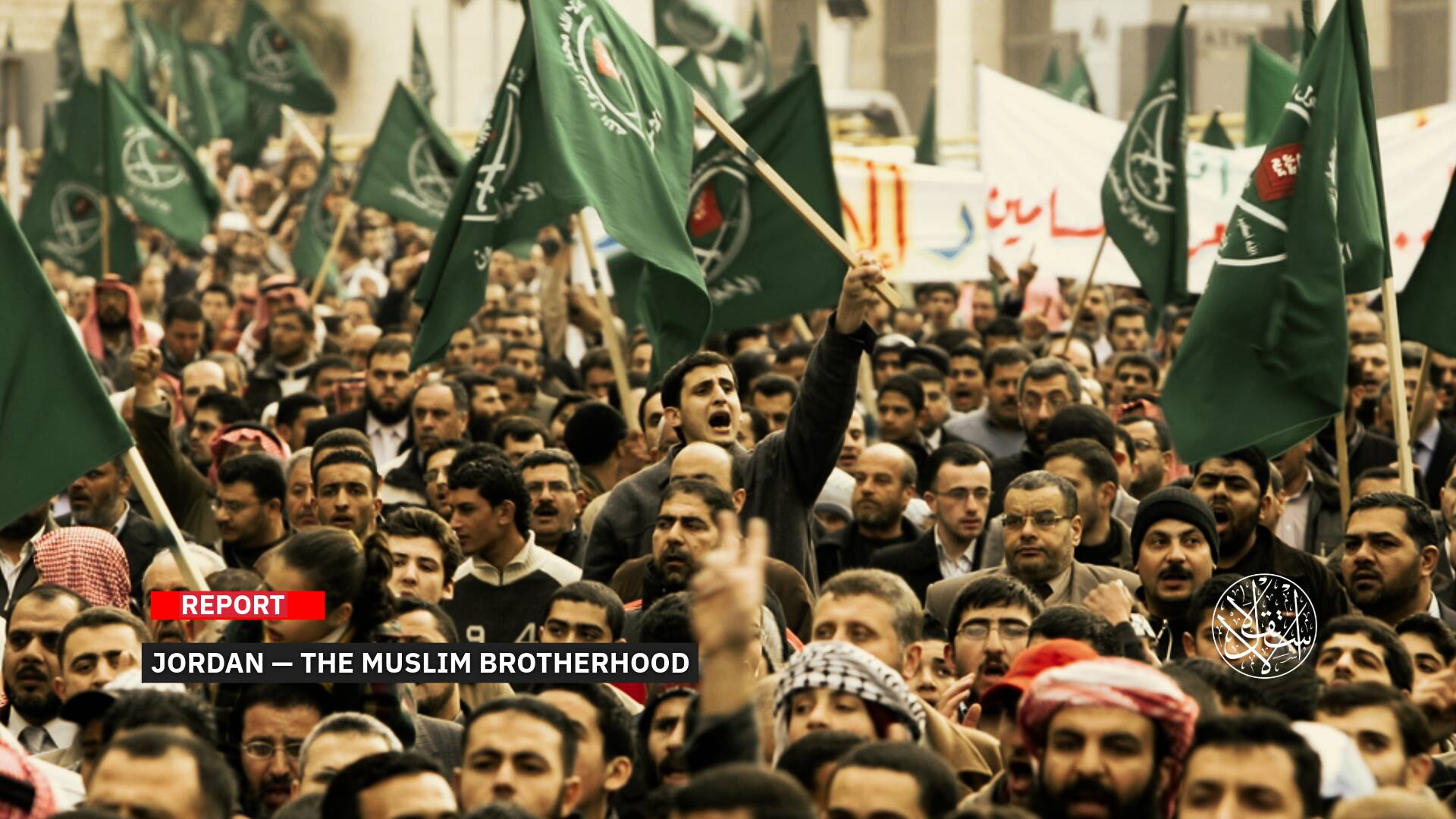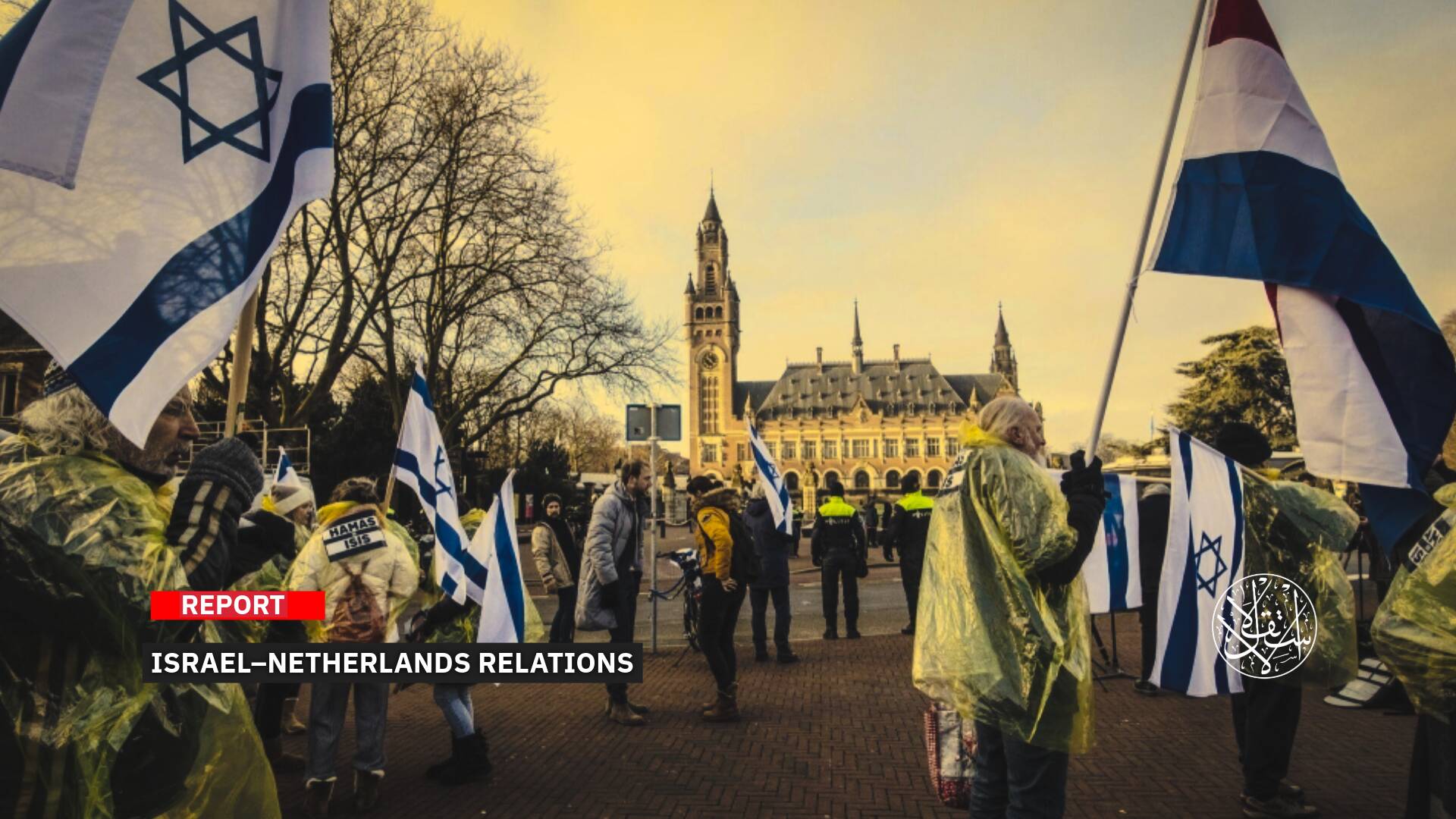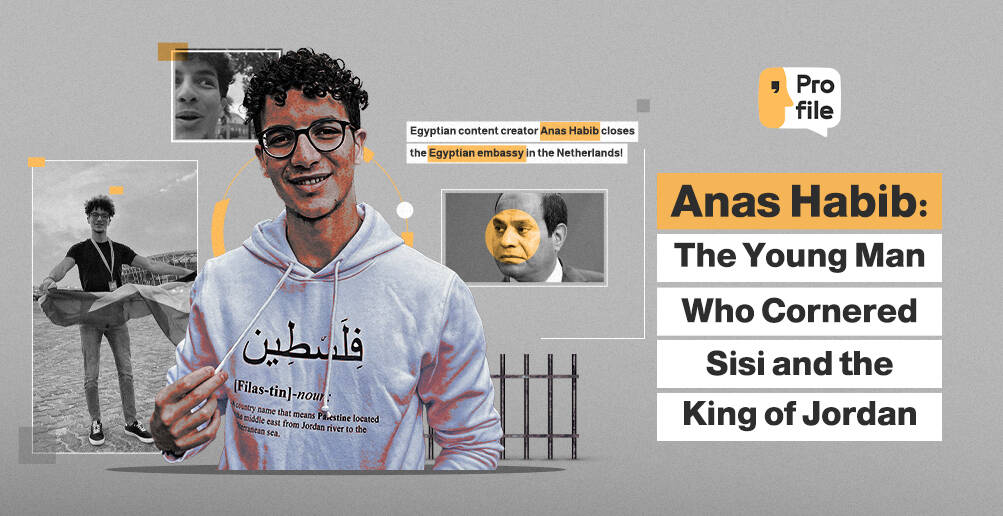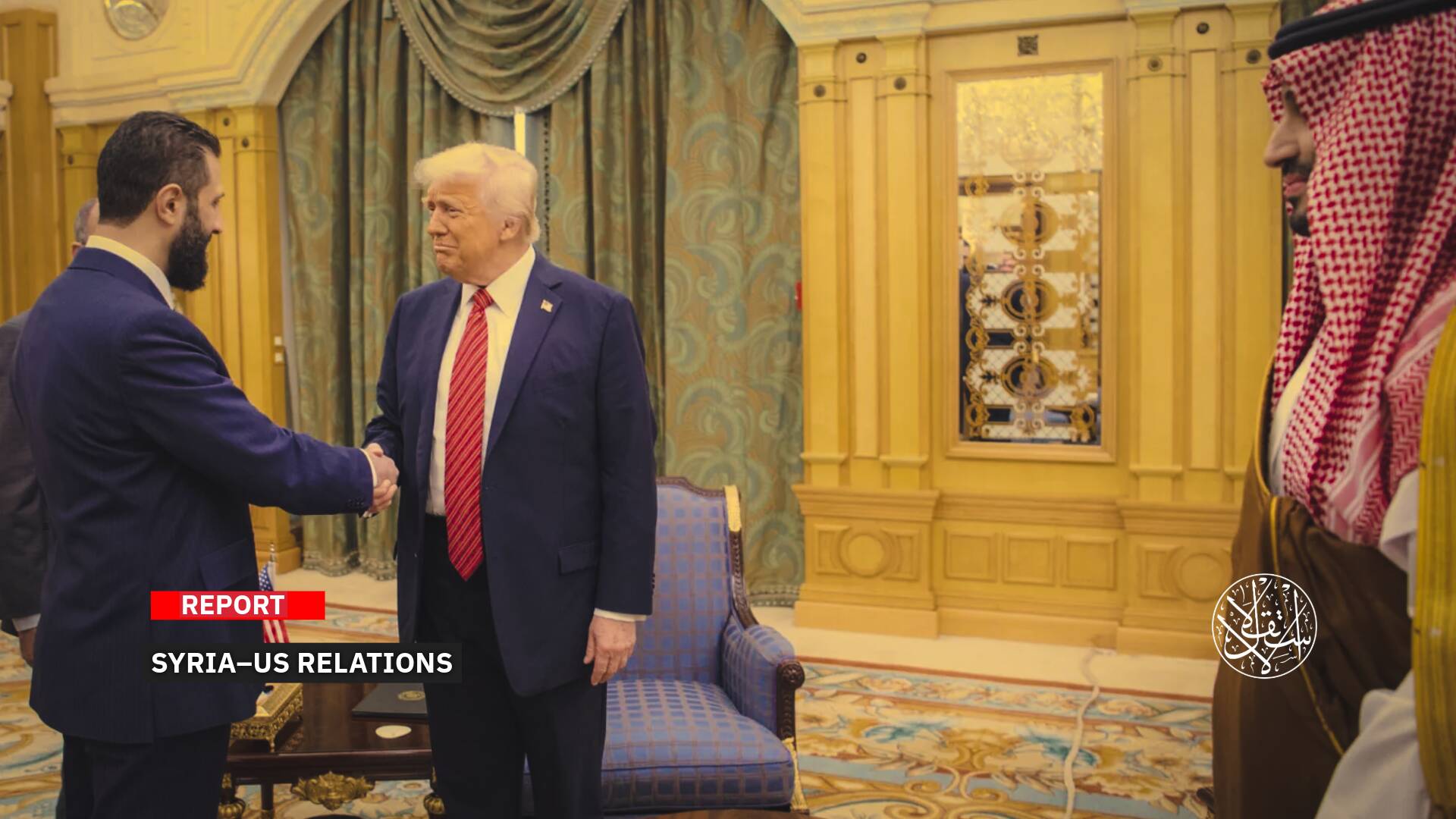Despite the Support, Why Does Khaled Mashal Insist on Criticizing Iran?

With the aim to resolve the Palestinian refugee crisis in the Burj al-Shamali camp following the explosion inside it, the head of the political office abroad of the Islamic Resistance Movement, Hamas, Khaled Mashal visited Lebanon on December 15, 2021.
The explosion that took place on the 10th of the same month, in the camp located in southern Lebanon near the Palestinian border, killed a Hamas member, and during his funeral, members of the National Liberation Movement, Fatah, fired three deaths.
In the midst of that crisis, Mashal faced another problem, as he refused to meet with the Lebanese Hezbollah and its leader, Hassan Nasrallah, who is supported by Iran.
That opened the door to questions about the position of Tehran towards the leader of Hamas, and why he was not welcomed?
Area Balances
Khaled Mashal, better known as Abu al-Waleed, is one of the founders of Hamas. He served as head of the political bureau between 1996 and 2017.
In 2017, after Hamas restructured its senior leadership, Mashal was the head of the movement's political bureau, outside, and he strongly influenced the course of its international relations with regional powers.
A faltering field of thorns forced Mashal to wade through the Sunni movement, in a region riven by conflicts and divergent ideologies, amid the influence of the powerful ally Tehran.
After the outbreak of the Syrian revolution and Tehran's involvement in shedding the blood of the Syrian people, the matter differed, and a rupture occurred in the relations between Hamas and Iran.
Here, Mashal decided to open up other paths for the movement, and to strike balances capable of accommodating Hamas' foreign role and activities.
This is what happened when the movement's office moved to the Qatari capital, Doha, instead of Damascus, and then began cooperating with the emerging Turkey as an effective regional power in the Middle East.
Both of them, whether Doha or Ankara, are pioneers of the Sunni camp, unlike Iran, which has a Shiite orientation.
Mashal Policy
Hamas could only be more unilateral and independent from Iran, and turn towards other Sunni forces that are ideologically closer, and in terms of political visions as well.
This is what happened when the head of Hamas' office abroad, Khaled Mashal, applied his political philosophy aimed at building deeper relations with other regimes, and staying away from Tehran as much as possible.
On December 20, 2021, the British newspaper, The Times, revealed its report on the relations between Hamas and the Iranian regime in light of the massive explosion that took place in the Burj al-Shamali camp for Palestinian refugees in Tire, southern Lebanon.
The explosion that had repercussions was Khaled Mashal's visit to Lebanon, which caused a lot of controversy due to the refusal of Hassan Nasrallah, who is close to Iran, to receive him, and that raised questions about Tehran's view of the man himself, according to what Lebanese media reported.
The Times said that “Khaled Mashal, 65, the former head of the political bureau of Hamas, is now heading the movement's operations outside the Palestinian territories.”
It added that "since the outbreak of the Syrian civil war in 2011, Mashal, who survived an assassination attempt by Israeli agents in Jordan, has led the policy of disengaging from Iranian influence."
The Times stated that "Western intelligence sources revealed that Mashal had been trying during the past stages and for years to rebuild Hamas' relations with the Sunni Arab regimes."
The British magazine explained that the prominent Palestinian politician did this, as he wanted to make it clear that Hamas is not part of the pro-Iranian regional axis that includes Hezbollah in Lebanon, the Assad regime in Syria, some Shiite militias in Iraq, and the Houthis in Yemen.
Masha’s sees that Hamas needs to focus on diplomacy instead of violence, and to distance itself from Iran, if it ultimately wants to control the Palestinian national movement as a whole, and to have broader acceptance in the future, which cannot be achieved if the Movement converges more with Iran.
Exit Door
Returning to the historical context of cooperation between Hamas and Iran, it has always been cross-sectarian and beneficial to both sides in the period before the Arab revolutions of 2011, and between the two sides brought together close political and military cooperation.
According to a study by the "Malcolm-Carnegie Middle East Center" on July 23, 2018, "Hezbollah was an important link between Hamas and Tehran, providing military training for the movement's fighters, providing political recommendations, and encouraging its media outlets to support the Palestinian cause."
The study said that "the rise of the Muslim Brotherhood during the era of former President Mohamed Morsi in Egypt, who did not live long, prompted Hamas (under the leadership of Khaled Mashal) to consolidate its ties with Cairo."
Also, its decisive stance on the Syrian revolution, and its rejection of the actions of Hezbollah and behind it Iran, caused a growing estrangement that caused a rift between Hamas and Iran.
It cannot be overlooked that Hamas and its leadership were not of the same heart toward Iran, which is what the Center's report also mentioned.
It stressed that the orientations of Mashal and some leaders sparked differences of opinion within the movement, specifically the military wing of the Izz ad-Din al-Qassam Brigades, which expressed displeasure in particular because the move caused a severe decrease in Iranian financial and military support.
That was especially since Mashal, in a famous interview on October 16, 2011, with the Egyptian channel CbC, said: "I swear by God, we do not accept Syrian or Iranian interference," which was considered at the time a political message directed to two parties; First, the Sunni regimes in the Middle East, led by Egypt and Saudi Arabia, and secondly, Iran and the Syrian regime, indicate that Hamas will not accept conditions or dictates being imposed on them.
This means that the relationship with Tehran has inevitably gone into a dead end and led to a near-complete rupture, leading to accusations of treason by the Iranian media outlets.
A Phase
The escalating disputes within Hamas regarding the position on Iran were reported by agencies and media outlets, such as the official Turkish Anadolu Agency, which reported in its analysis on August 4, 2021, that the internal divergence of visions in Hamas is between two wings; one of them, led by Ismail Haniyeh, sees that the future of Hamas is that it must cooperate with the Shiite regime in Iran in a deeper way, while the other, led by Khaled Mashal, seeks to restore the patronage of the more moderate Sunni Arab regimes such as Saudi Arabia, the UAE and Egypt, and before them Turkey and Qatar.
It stated that Hamas is keen on the strength of the relationship with Iran, given the support it provides to the resistance, and in light of its poor relationship with Saudi Arabia.
This prompted a section of Hamas to call for maintaining the relationship with Iran.
But in all cases, Khaled Mashal remains the rock on which ideas of consolidating rapprochement with Tehran are broken.
Muhammad al-Saghir, a member of the Board of Trustees of the International Union of Muslim Scholars, spoke about the matter, and wrote an article for Al-Jazeera on December 19, 2021, under the title: Hamas Eats Dead Meat.
He said: “[Islam] permitted the compelled to eat dead meat when in need, and specified for them that they shall not be satisfied with the stinky meat, and not carry from it or eat it excessively, and realize that it is a temporary stage that is estimated according to its value; and Iran knows that Hamas deals with it from this point of view.”
Therefore, "when it was a good opportunity, it calls its allies in Lebanon (Hezbollah) to register a position in favor of the butcher of the Levant (Bashar al-Assad), in the hope of disparaging the leader of Khaled Mashal trying to sow discord among its ranks, and I do not think that they can or will succeed," according to his analysis.
He added, commenting on what happened to Khaled Mashal in Lebanon, and the rejection of Hassan Nasrallah to welcome him, "Abu al-Waleed previously left Damascus as a generous mujahid who was not tempted or compelled.”
He continued: "The Muslim masses showed reverence for his stances and admiration for his leadership, similar to what his group enjoyed, as no sect or group received the nation's support and standing behind it, as happened to the Islamic Resistance Movement (Hamas)."

It is Policy
The political researcher specializing in Middle Eastern relations, Mohamed Salah El-Din, spoke about Khaled Mashal’s position on Iran and its bases in the Middle East in general.
In his interview with Al-Estiklal, he said that “we must differentiate between the two sides before 2010 and after that year, as the Arab Spring revolutions erupted, and we found that Iran is directly intertwined in five Arab countries in Syria, Yemen, Bahrain, Lebanon and Iraq."
This led to the formation of an axis of Arab and Gulf resistance against Iran, first, for its crimes, and secondly, for its political aspirations and expansions. Consequently, Hamas had to rearrange its priorities and view its most important regional depth.
He added that “if we look at the issue in a purely pragmatic manner, we find that Hamas cannot lose a country like Egypt, no matter what happens, for purely logistical and security dimensions, and it had to absorb the anger of the Egyptian regime in the post-2013 phase."
Likewise, it cannot lose Saudi Arabia, Kuwait, and the other countries of the Gulf Cooperation Council, due to ideological ties, and the presence of a large sector of individuals and capital affiliated with Hamas in these countries, he says.
The political researcher added: "Therefore, a shrewd and experienced politician such as Khaled Mashal was clear and decisive in moving away from Iran and building a new map of relations with larger powers such as Turkey, as well as consolidating the relationship with Doha as the main sponsor of their communication at the regional and international levels."
On the other hand, it cannot be overlooked that Hamas is part of the Muslim community, with its international aspect, and its moral and principled stance is above many considerations. In fact, Iran's bloody intervention in Syria contributed to the worsening of the relationship, as well as its intervention in Yemen and its attempt to crush the revolution there.”
This was developed with the coalition’s intervention and Saudi Arabia’s declaration of war on the Iranian-backed Houthi movement.
He concluded by saying: "Hamas is part of the regional conflict and was not able to stand by and not be affected, and therefore actors such as Khaled Mashal played the most important role in moving away from Iran and limiting cooperation with it, even if he paid the price, but this cannot be compared to the losses of consolidating the entire relationship with Tehran and the Revolutionary Guards that are active in the region."
Sources
- Rift between Hamas leaders ‘could spark violence across Middle East’
- Hamas Eats the Dead [Arabic]
- Khaled Meshal, the former head of Hamas [Arabic]
- Flexible Resistance: How Hezbollah and Hamas Reconcile [Arabic]
- The leadership of Hamas – Why did Haniyeh and al-Arouri remain, and Meshaal returned? (Analysis) [Arabic]



